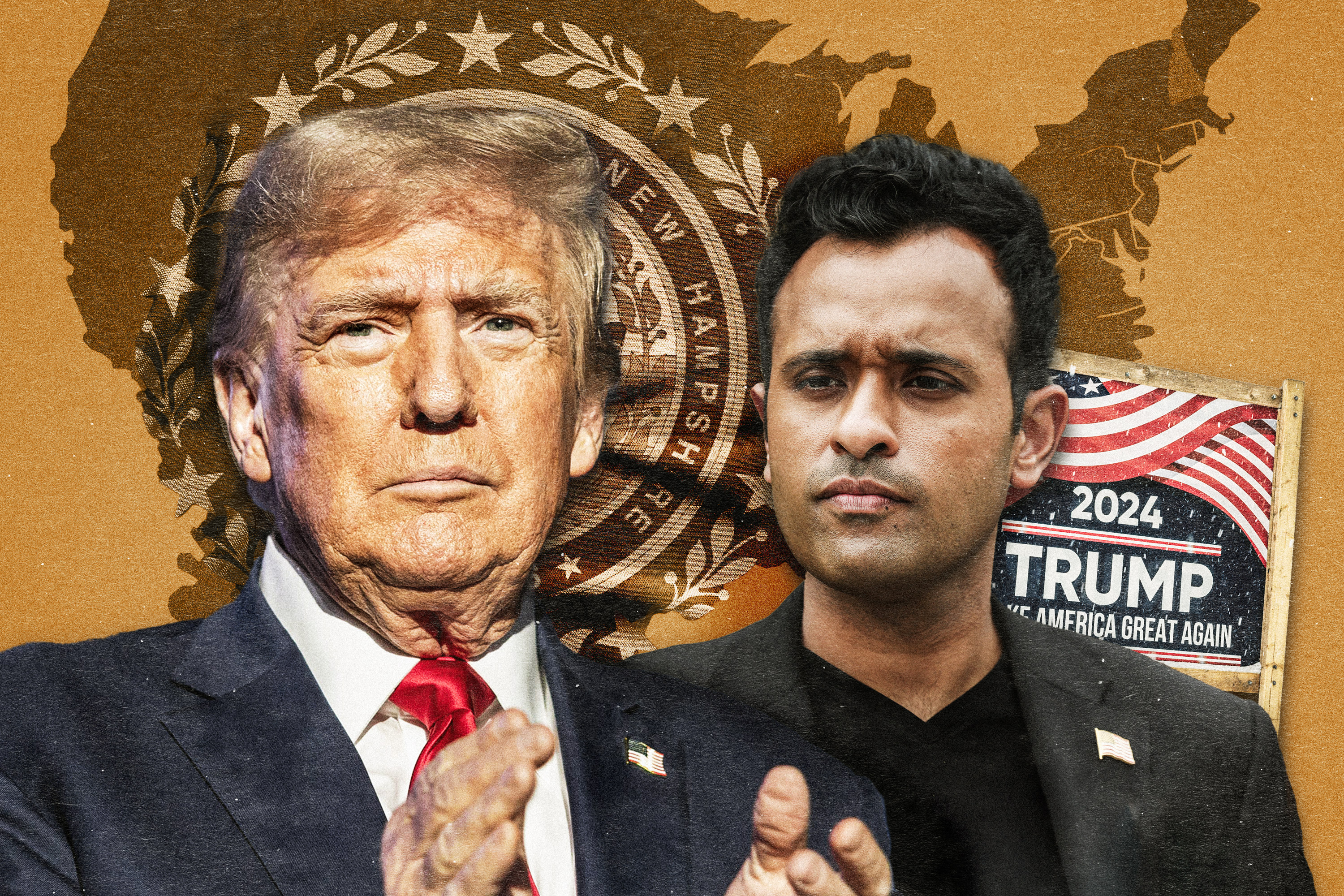DES MOINES, Iowa—Little more than half an hour after the Iowa caucuses began, the results thundered in: former President Donald Trump had notched a definitive victory.
One rival moved quickly and broke up a once-ambitious campaign.

DES MOINES, Iowa—Little more than half an hour after the Iowa caucuses began, the results thundered in: former President Donald Trump had notched a definitive victory.
One rival moved quickly and broke up a once-ambitious campaign.